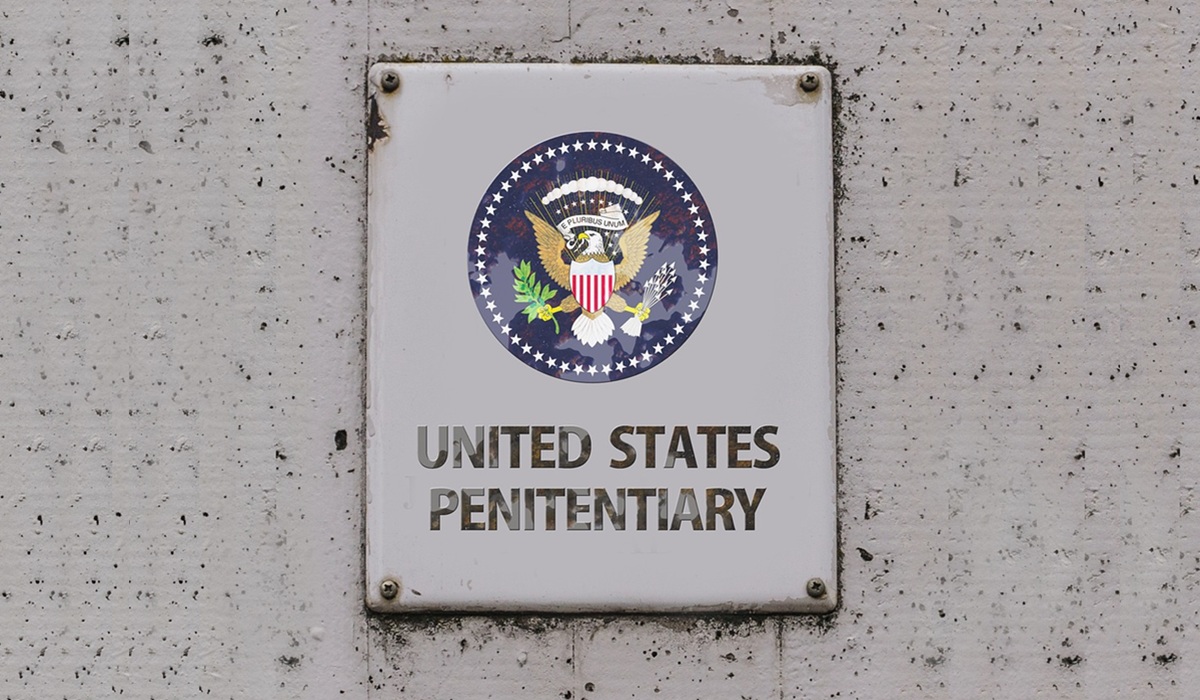Punishing States: Trump Withholds Emergency Funds Over Israel Boycotts
- Ingrid Jones
- U.S.A
- August 4, 2025

It’s almost too absurd to believe—yet here we are. President Donald Trump’s administration has made a shocking move that redefines the priorities of the U.S. government in a way that should alarm every American: tying $1.9 billion in federal disaster-preparedness funding to states’ support for Israel. Not to states’ disaster risk, not to infrastructure need, not to hurricane, flood, or wildfire zones—but to a foreign policy stance. If your state or city dares to support a boycott of Israeli companies, you can kiss critical emergency aid goodbye.
This is not a fringe policy idea tucked away in a dark corner of bureaucracy. It’s official. FEMA has issued notices stating that local governments must certify they are not engaged in or supporting boycotts against Israel to qualify for disaster relief funds. That includes crucial terrorism prevention grants, backup power systems, emergency communications networks, and urban search-and-rescue equipment. Cities like New York, Los Angeles, and Chicago could lose tens of millions of dollars unless they agree to toe the Trump administration’s pro-Israel line—whether they agree with it or not.
It’s a political loyalty test masquerading as policy. It’s unconstitutional. And it’s an un-American betrayal of the people a president is sworn to serve.
At least 34 U.S. states already have anti-BDS laws on the books, which restrict or prohibit government entities from doing business with companies or individuals who participate in boycotts of Israel. These laws have long raised free speech concerns, but this latest move goes even further. It’s not enough to comply with state laws anymore—now the federal government is demanding explicit political allegiance as a condition for lifesaving funds.
It’s difficult not to ask: what does Israeli Prime Minister Benjamin Netanyahu have on Trump? The extreme lengths to which Trump bends American policy in favor of Israel defies strategic necessity, democratic principle, and constitutional restraint. It paints a picture of an American president more committed to a foreign government’s image than to his own citizens’ safety.
It’s not conspiracy to raise this question—it’s logic. This isn’t about diplomacy. This is about enforcement. The Trump administration is treating support for Israel not as a foreign policy preference, but as a domestic loyalty test. And the consequences are very real: if a state government or local council dares to protest Israeli policies by supporting boycotts—a historically American form of peaceful protest—they may lose the funds needed to respond to fires, floods, chemical spills, or terror threats.
Think about that. A community devastated by a hurricane could be denied critical federal support because of its position on a Middle Eastern country’s human rights record.
This is not what disaster preparedness was meant to be. This is not what emergency funding is for. It should be based on need, vulnerability, and risk—not ideology.
There’s a deeper concern here, too. This policy doesn’t just violate the First Amendment and undermine state sovereignty. It also erodes the very meaning of governance. If the federal government can withhold money because you disagree with a foreign policy position, what’s next? Will Medicaid be tied to views on NATO? Will school funding be denied to districts critical of U.S. arms deals?
This is a dangerous path. And what’s most shocking is how brazenly it’s being pursued. The Trump administration is not hiding this agenda. It’s being openly framed as a necessary condition for national unity, but in truth it’s coercion—forcing cities and states to fall in line or be punished, even if their stance is rooted in legitimate concern over human rights or international law.
There is also growing division even among Trump’s supporters. Prominent far-right figures and younger conservatives have increasingly questioned America’s blind support for Israel, especially in light of the humanitarian catastrophe in Gaza. The fact that Trump would respond to these shifts not by listening, but by punishing dissent with a fiscal weapon, signals just how desperate and detached this presidency has become.
This isn’t “America First.” This is “Israel First”—at the expense of American families, first responders, and vulnerable communities. It is a betrayal of the social contract, of constitutional guarantees, and of our most basic moral responsibilities.
Emergency aid should never be held hostage by ideology. It should never be conditioned on a community’s foreign policy position. And it certainly should not be used to enforce blind loyalty to a foreign government whose actions are widely debated both domestically and internationally.
If you ever needed proof that this president’s priorities have drifted from the American people, this is it. When disaster strikes, Americans deserve a government that acts swiftly, impartially, and compassionately—not one that asks: “But do you support Israel?” before helping to pull a child from rubble or restoring power to a flooded hospital.
This policy must be condemned in the strongest possible terms. Not just because it’s illegal. Not just because it’s dangerous. But because it fundamentally violates what it means to be a nation governed by and for its people. The only thing more absurd than this policy is the silence that might follow if Americans don’t stand up and reject it now.








